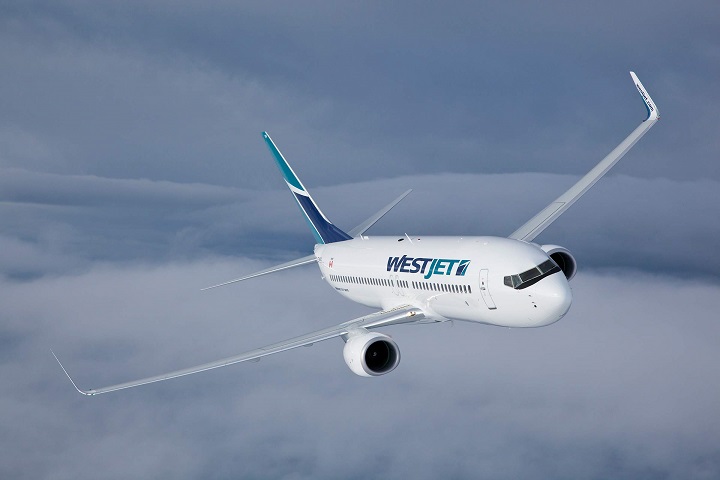West Jet announced today that the input of contact information for those travelling with them will become mandatory at the 24-hour check-in process online and at kiosks starting Sept. 1.
This is to help the Public Health Agency of Canada and the provincial public health agencies across Canada with contact tracing in the case of infected individuals on board. Guests won’t be able to bypass the information screen and will be required to input up-to-date information prior to the issuance of a boarding pass.
“We continue to work collaboratively with our health partners to adapt our procedures,” added Sims. “A coordinated approach is essential, and we are advocating for contact tracing enhancements along with the introduction of testing.”
Today WestJet also announced a zero-tolerance mask policy starting Sept. 1. While masks have been required on-board WestJet flights and in the airport since Apr. 20, this new policy will support the requirement.
Non-compliance could result in being denied boarding, returning the plane gate to offload the passenger and the suspension of travel on any WestJet Group aircraft for up to one year.
Adrian Dix, Minister of Health, and Dr. Bonnie Henry, British Columbia’s provincial health officer, issued a statement on the new policy of sharing information for contact tracing.
They say contact tracing is essential and effective in slowing COVID-19 transmission as it helps them find those who may have been exposed and provide support for them and testing.
“Throughout this pandemic, our contact tracers have had challenges reaching people who were exposed to the virus while flying – because of the limited information available on traditional flight manifests.”
WestJet representatives met with them earlier this month to ask how they could help.
“The decision they announced today – to collect names and contact information for each of their passengers at check-in and share it with public health if a COVID-19 case is identified on a flight – is something we discussed at that meeting and will help us immensely.”
Dix and Dr. Henry believe this policy will help keep communities safer during the pandemic and supports a safe relaunch.
“As we continue our restart in B.C., it becomes more important to be able to connect with people and ensure those who may have been exposed to a person identified as having COVID-19 are aware of their risk. In air travel, it is still a relatively low risk, but it is a risk that we would prefer to be able to notify people of in an efficient way.”






